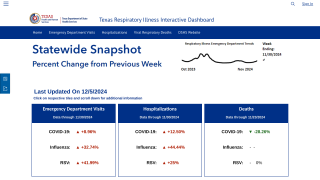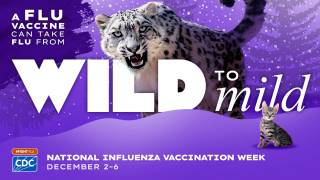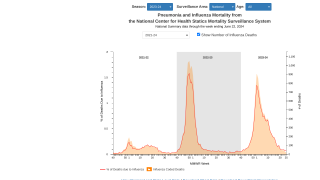Are Bird Flu Vaccines Available

The U.S. Centers for Disease Control and Prevention (CDC) emphasizes the importance of ongoing surveillance to detect human infections with influenza A viruses, including the highly pathogenic avian influenza A(H5N1) virus.
During the Clinician Outreach and Communication Activity (COCA) call on June 20, 2023, CDC presenters gave a comprehensive overview of novel influenza A viruses, including avian influenza vaccines.
The CDC stated today that all novel influenza A viruses are of public health concern because of the potential for influenza viruses to evolve, and sporadic 'bird-flu' infections in humans are expected to continue to occur in 2023.
As of June 14, 2023, the CDC reported about 59 million birds and one person had been impacted by the recent outbreak in the U.S.
All reported human cases since 2022 were associated with recent poultry exposures, and no cases of human-to-human transmission have been identified.
And the current risk to the public from H5N1 viruses remains low.
From a prevention perspective, the CDC confirmed about 20 million H5N1 per antigenic variant and 12 million H7N9 vaccines are available in the U.S. National Strategic Stockpile.
And on page #37, the CDC listed an extensive Clade 2.3.4.4b A(H5) vaccine development overview.
Previously, the U.S. Food and Drug Administration authorized CSL Seqirus' Audenz™ (aH5N1c) monovalent cell-based vaccine on January 31, 2020.
However, access to these bird flu vaccines is managed by the government.
Given the pandemic risk posed by these viruses, healthcare providers should remain alert to the possibility of human infections with influenza viruses that can spread between animals and people, says the CDC.
Furthermore, the CDC confirmed as of June 2023, annual flu shots are unlikely to protect people during avian influenza (bird flu) pandemics.
Our Trust Standards: Medical Advisory Committee
























